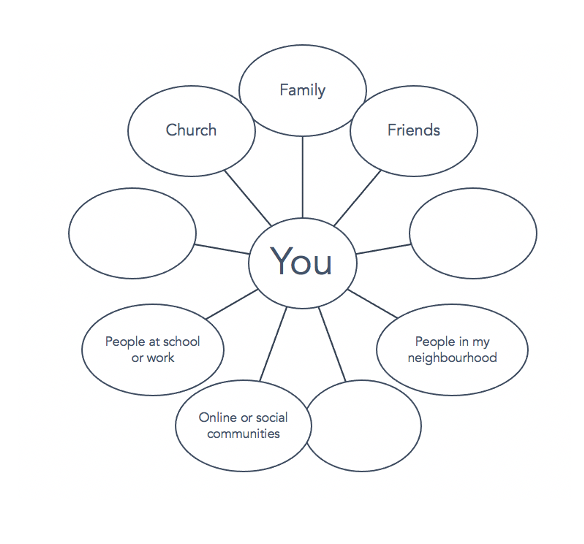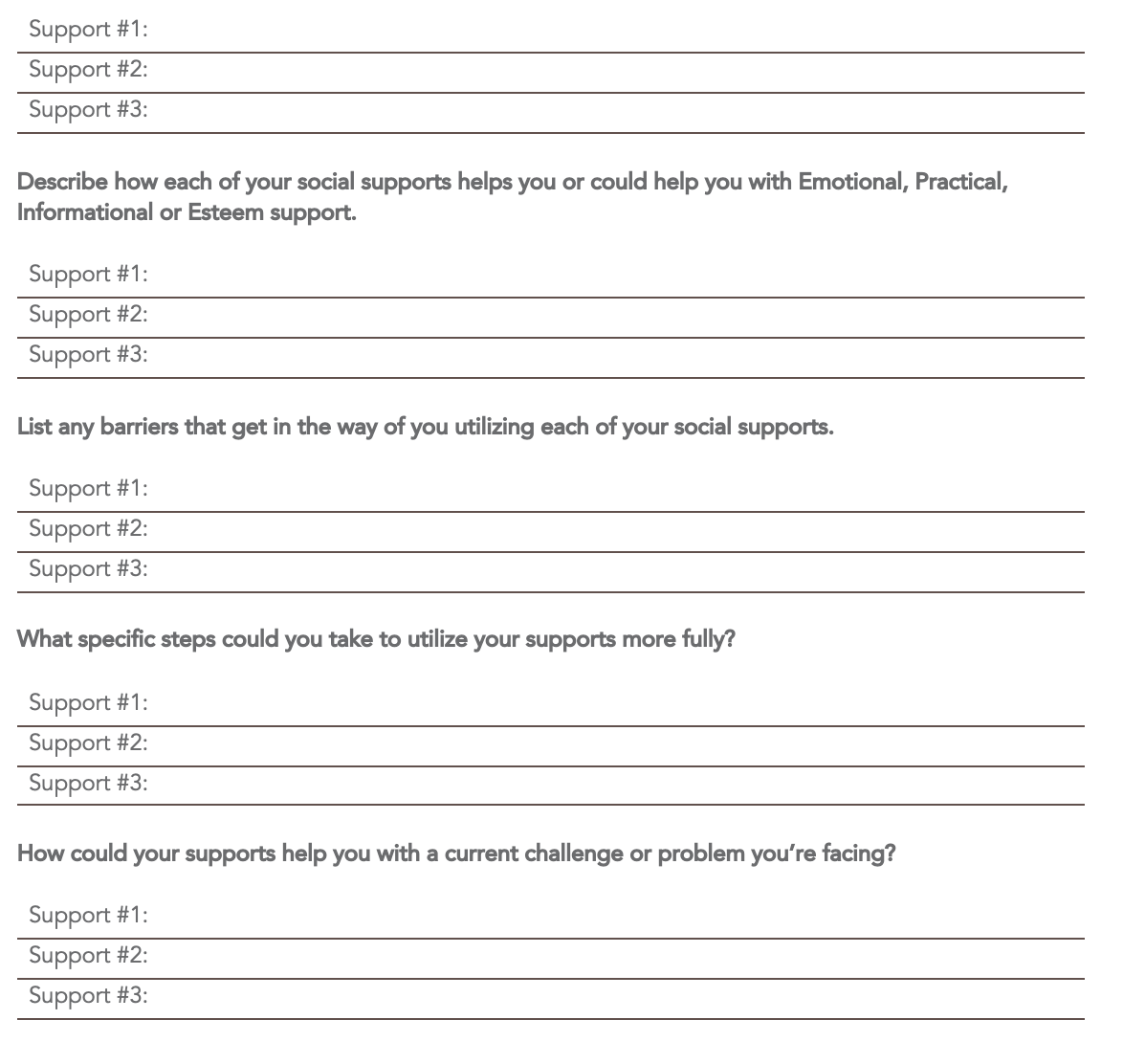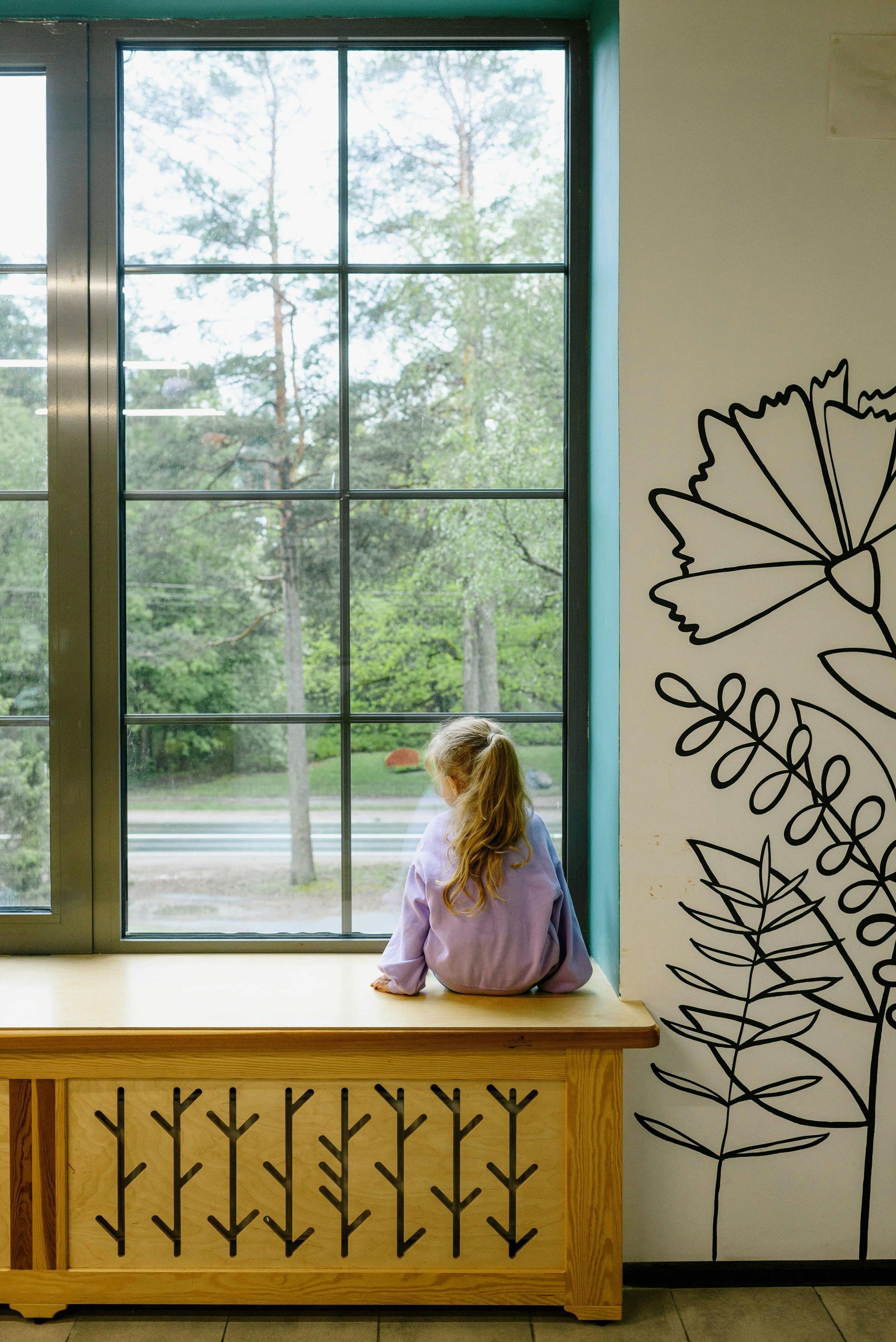The Importance of a Strong Social Support Network
Why do we need a strong social support network?
Humans are inherently social beings. We are better positioned to bounce back when we have a social support network with whom we can both give and receive support during times of stress. Research studies show that social support is essential for maintaining our physical and mental well-being. It can enhance our resilience and help lower feelings of distress and reduce the impact of traumatic stress.
Social support is the help you receive from family, friends, groups and community. Social support is the emotional and physical comfort or assistance given by people who appreciate, value, and care about you. Social support networks are the people you turn to when you have great news to share, need advice or encouragement, or need help during times of crisis or stress.
Supportive relationships are those in which you feel:
- Heard and understood
- Valued or appreciated
- Useful
- Able to be open and feel comfortable being yourself
- Informed
- You have a clear role or place in the relationship
Benefits of a Social Support Network
- Improves physical and mental well-being
- Reduces stress and stress-related illness
- Build resilience to stress
- Facilitates hope during challenging times
- Enhances life satisfaction
- Increases self-esteem
Types of Support Networks
There are two types of support networks, 1) informal support network—people who are there for you in various areas of your personal life when you need them. These can include family, friends, co-workers, or neighbours. And 2) formal support networks—people from organizations or agencies who can help you address problems or concerns that are too complex or difficult to resolve on your own. These can include doctors, counsellors, social workers, teachers, or clergy.
Four Types of Social Support
- Emotional support—is the emotional or physical comfort you experience when someone listens to you, shows you empathy, compassion, or concern, or gives you a comforting hug or pat on the back.
- Practical support—is the tangible support someone might give you, such as giving you food or money or helping you with yard work or childcare. Practical support is the kind of help that assists you in completing the tasks of daily life.
- Informational support—is providing advice or factual information about a particular subject or situation. An example would be a friend who has been caring for an elderly parent sharing information with you on elder care resources in your community that might be helpful for you as you prepare to care for your elderly parent.
- Esteem support—is expressing confidence in you or expressing encouragement to you. This type of support can help involve someone reminding you of your skills and capabilities and enhance your ability to believe more strongly in yourself.
Strengthening and Building Your Social Supports
- Connect with your network of supports when stress hits and ask for help. Remember reaching out is a strength.
- Nurture your existing relationships. Reach out and keep in touch with family and friends. Make maintaining these important relationships a priority even during times when life or work gets busy. It demonstrates your care and commitment to those relationships.
- Get to know your neighbours. Go for walks in your neighbourhood, become a regular at your local coffee shop, grocery store, library, museum or park. Make of point of saying hello and introducing yourself.
- Get more involved in your community. Participate in hobby groups (such as a hiking club or a community gardening group), volunteer or religious groups. Consider taking a class through a local community centre, night school, or community college.
- Get a pet. Many people find it helpful to get a pet. Pets can be tremendous sources of warmth, affection and companionship. Pets, particularly dogs, are also great at getting you outside and creating opportunities to meet neighbours or other pet owners.
- Seek specialized, formal support when needed. Sometimes the support one needs is best from a trained professional who can provide objective guidance or specialized support, like a counsellor or a doctor. Make sure you are asking for help in the right places.
- Let go of relationships that are no longer working for you. Sometimes people grow apart, relationships can become transactional or one-sided, or a friend's partying lifestyle can get in the way of your journey to get healthy. When a relationship becomes a source of negative feelings or no longer feels like support, it may be time to spend less time together or let go completely.
Supportive relationships are about being open to both receiving and giving support. Tips for strengthening your relationship:
- Keep in touch
- Stay positive
- Communicate openly
- Listen attentively
- Be supportive
- Respect needs and limits
Assessing Your Social Support Network
When assessing your social support network, consider:
The size or extent of your network—How many supportive relationships do you have? In what areas of your life do you have supportive relationships? How many are within an hour of where you live? How often do you spend time with someone other than those with whom you live?
The quality of the relationships—How satisfied are you with your relationships? Do you have a variety of supports? What kinds or types of support do you need from those in your network? Does your network provide support for most of your needs, or do you have gaps? Did you find areas that you need to work on developing?

Next, take a closer look at your network and complete the exercise below to determine what steps you need to take to utilize your supports better to help you right now.
List three people, groups or communities that provide you social support:

Select Sources and Additional Resources:
1. [1]Ozbay, Fatih et al. “Social support and resilience to stress: from neurobiology to clinical practice.” Psychiatry (Edgmont (Pa. : Township)) vol. 4,5 (2007): 35-40.
2. [1] Bareket-Bojmel, Liad et al. “Perceived social support, loneliness, and hope during the COVID-19 Pandemic: Testing a mediating model in the UK, USA, and Israel.” The British Journal of Clinical Psychology. 10.1111/bjc.12285. 23 Feb. 2021, doi:10.1111/bjc.12285
3. Canadian Mental Health Association—Social Support. https://cmha.ca/documents/social-support
Reproduced with permission of Family Services Canada’s FSEAP
More Resources
Finding the right support in times of need can be challenging.
Book an appointment with one of our agencies to access the support you need. Community Connect Regina offers rapid access to the support you require, and our online booking option ensures you can easily schedule appointments that suit your availability.






